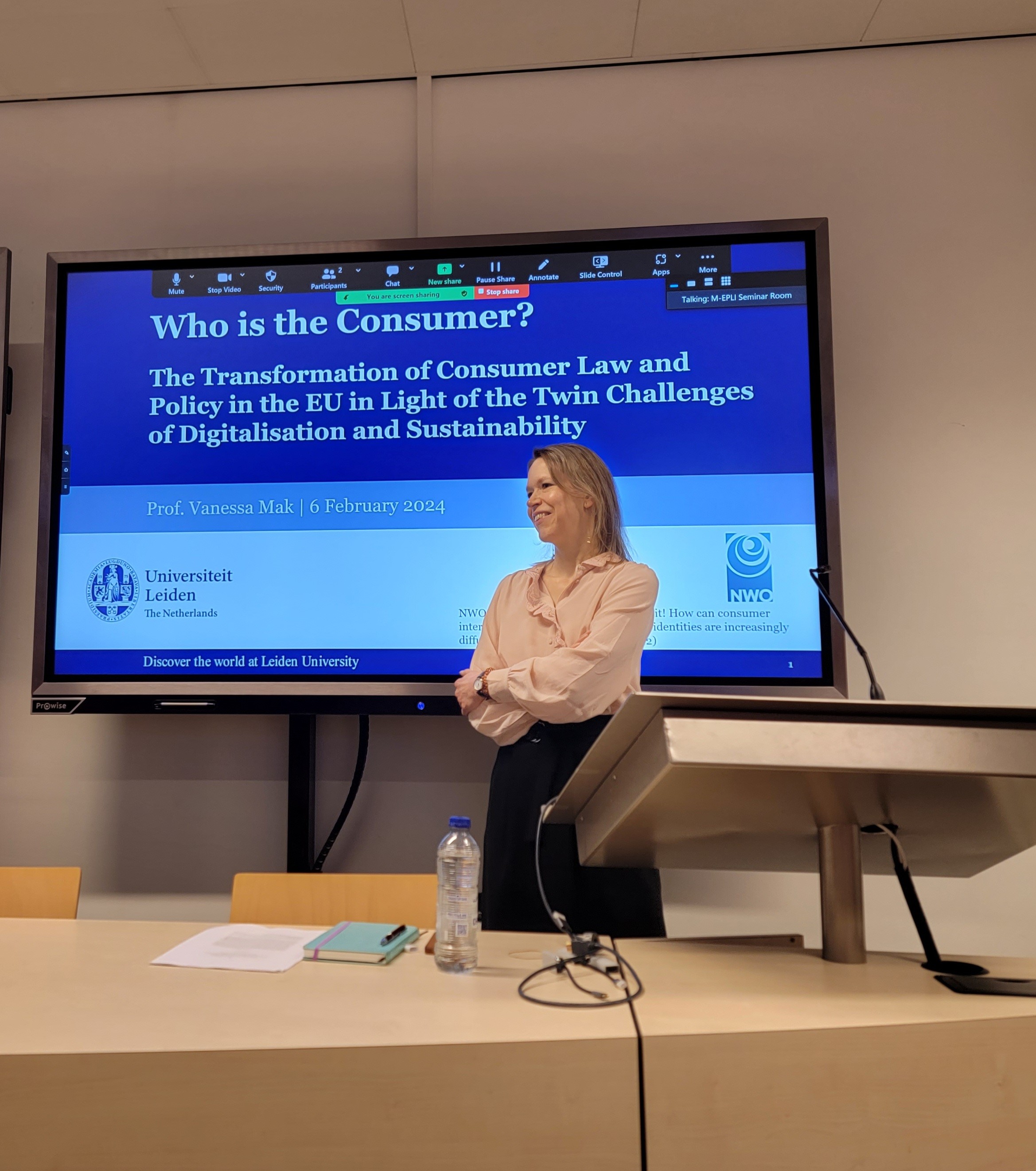Are consumers well protected in cloud computing contracts?

Every time consumers use online email, stream music or videos or archive pictures on the internet, it is quite likely that they are using cloud computing. Those online pictures, videos or emails are not stored on consumer’s computers. Instead, they are processed and stored on a group of remotely located computers accessed over the internet, referred to as “the cloud”. While cloud computing can offer consumers a similar, or even better, experience compared to the situation when videos, music or pictures are stored locally on users’ own computers, cloud computing raises some interesting legal questions. These concern the rights of consumers when they enter into contracts with companies providing cloud computing products.
Regulating consumers in the cloud
Consumers in the cloud might wonder: What happens if all my emails are lost? Can somebody access my pictures stored online without authorisation? Can I change my mind after I subscribed to a video streaming service? Can I terminate the contract and move my music somewhere else? The answers to these questions can be found in EU law that regulates many aspects of contracts between businesses and consumers.
Tomasz Dolny helps tackle these questions in his doctoral research. He examines whether EU law regulates cloud computing in a coherent and consistent manner and whether it is likely to achieve a high level of consumer protection, increase consumer trust in cloud computing, and foster the development of an EU single digital market. Tomasz provides an overview of the legal framework applicable to consumers’ cloud contracts by following the “life cycle” of the contract starting from the pre-contractual information obligations and ending with the conclusion of the contract.
Tomasz argues that despite some remaining gaps, EU law already responds to the challenges of cloud computing and regulates it in an appropriate way. However, while recent legislative changes were introduced with a clear focus on cloud computing and its issues, these same changes can create rather complex solutions which do not seem appropriate for application in everyday situations.
Problems for consumers in the cloud
Tomasz’s comprehensive analysis of the EU legal framework in the context of consumer contracts in the cloud identified several legal issues important for consumer protection. Consumer problems in the cloud revolve around: unclear information; service availability; data integrity and data loss; contractual complexity and unbalanced terms and conditions; purportedly free products and payment with personal data; limitations of liability; remedies; territorial links; and privacy issues.
To learn more about EU governance of consumer cloud contracts, read Tomasz’s doctoral work: Tomasz Dolny (2023), Consumers in the Cloud. EU consumer protection in cloud computing contracts, PhD Thesis Maastricht University.
- M-EPLI
Other blogs:
Also read
-
M-EPLI was delighted to have Professor Vanessa Mak in Maastricht to discuss her research on consumer law and policy at the M-EPLI Talk on February 6th.
-
The pain and suffering of accident victims does not have a price and, in claims for damages, no fixed economic value. Thus, quantifying the amount of money needed to compensate for pain and suffering is a subjective exercise often influenced by adjudicators’ biases.
-
On 23 February 2022, the European Commission released the much anticipated proposal for the Directive on Corporate Sustainability Due Diligence. The aim of this Directive is to reduce human rights violations and environmental harms across the global value chain by making large companies carry out...


